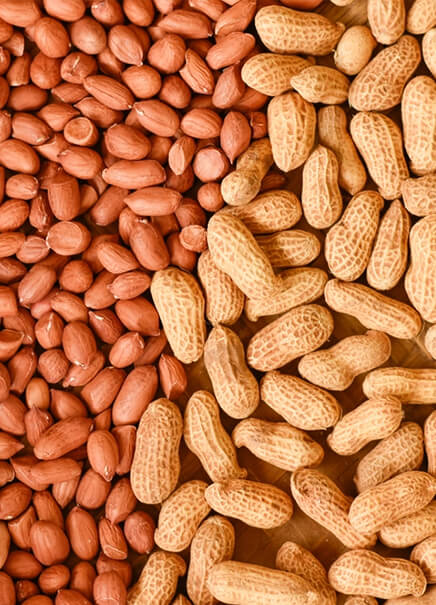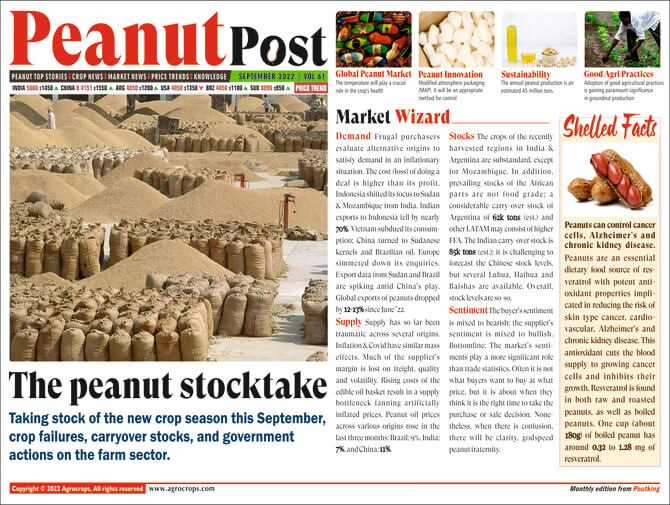


Pick up a peanut at random, and in all likelihood, it will be a Runner. Also known as Bold or raw peanuts, Runners are the most common variety in the world, and are grown especially intensively in the Western Hemisphere.
With many similar characteristics to the Virginia peanut, Runner peanuts are used in bulk processing, such as oil crushing, roasting, and blanching.
There are many subspecies to explore, with cropping cycles varying from 120 to 160 days, and they even come in a High Oleic type, which boasts a 30-40% higher monounsaturated fat content.
With a high yield and high demand, large mechanised farming regions have long favoured the Runner. Thanks to their nutty flavour, high protein content, and jumbo size, Runner’s a popular raw peanut snack in the EU, a dominant peanut butter ingredient in the US, and a key source of oil across Asian markets. Manufacturers can even make use of split peanuts for birds, processing them into sustainable and nutritious birdfeed.
Bold peanuts come in several subspecies, including
● G20
● G10
● Luhua
● Haihua
● Florunner
● Georgia Runner
● High Oleic
Find Your Peanut
We source peanuts from all of the best growing regions in the world. Helping you find a specification and supply that works for you.
Why Choose Agrocrops' Bold Peanuts?
Runner peanuts have a high fat and protein content, making them the ideal ingredient for peanut paste and butter. They are also well suited to therapeutic foods designed for treating malnutrition and older consumers with restricted nutritional needs.
Runner peanuts with a high oleic ratio are heart-friendly and typically have a 50% longer shelf life than normal peanuts.
Comprising over 60% of global peanut production, the Runner raw peanut variety is available throughout the year. That means you can get whole peanuts or split peanuts for birds whenever you need them.
Bold peanuts deliver a higher yield than many other varieties, both when harvested and when processed further.

Published on 01/09/2022 in Peanut Post
Frugal purchasers evaluate alternative origins to satisfy demand in an inflationary situation. The cost (loss) of doing a deal is higher than its profit. Indonesia shifted its demand to Sudan & Mozambique from India.
